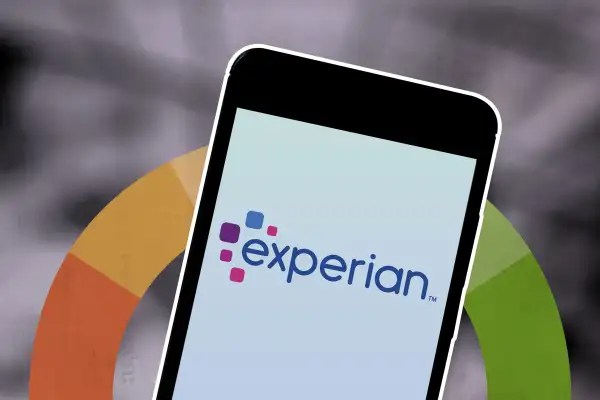No Credit, No Problem: Experian Now Lets You Build Your Own Credit Report

If you don’t have a credit history, it can be difficult if not impossible to qualify for a mortgage or get another kind of loan. But a new program from Experian will let you build your own credit report from scratch — without going into debt or waiting months to build up a solid payment history.
Experian, one of the three major credit bureaus in the United States, recently launched a new program called Go that will allow people with no credit history to create their own credit reports.
Experian says the program will allow the 28 million “credit invisibles” to access financing from mainstream lenders and banks. Credit invisibles have no credit files at all, and Experian notes that another 21 million people have credit files that are too limited to score.
Why is a credit report important?
“Having access to credit is one of the most important tools to establish some of the really important milestones in your life: getting a car, buying a house, getting a loan,” says Jeff Softley, president of Experian’s consumer business.
Experian, along with its competitors Equifax and TransUnion, collects data from lenders to compile a credit report that is unique to you. That credit report includes your identifying information, your credit accounts (including credit cards and other types of loans) and the payment history associated with them. Public records like bankruptcies and foreclosures factor in to credit scores too, among other data.
All that information is used to generate a credit score that can fall between 300 and 850. Credit scores have generally been trending higher during the pandemic, and in 2021, the average credit score in the United States rose to a record high of 716, according to FICO. Paying your credit card balance, loans and other bills on time will help bolster your score, while late payments or using too much of your available credit (experts recommend using less than 10%) will lower it.
Lenders use credit scores to assess your reliability as a borrower. The higher your score, the more likely you are to receive favorable terms like lower interest rates and premiums on all types of loans, from mortgages to car loans to student loans.
What happens if you don’t have a credit report?
Not everyone has loans of the type that are traditionally reported to credit bureaus like Experian. These consumers may be new to borrowing, or they simply may have chosen not to get credit cards or borrow money through any loans. As a result, they may be “invisible” to credit bureaus and don’t have credit reports. This issue tends to impact immigrants and people of color at greater rates than other groups.
Even though these consumers may be diligent about paying utilities, rent and other bills on time, their lack of a credit report makes it extremely difficult for them to access mainstream lending services.
“Living with a nonexistent or limited credit history can be a significant barrier to financial opportunity in America,” Experian North America CEO Craig Boundy said in a statement.
How to create your own credit report
Experian says its new Go program can help solve this problem by allowing consumers to create their own credit reports.
After consumers create their report with Go (a process that takes about four minutes on average), they can use another Experian program, called Boost, to add positive payment data like cell phone payments, utility payments, cable payments and even Netflix or Hulu payments to the report so it is visible to lenders. Boost has been around since 2019, and consumers can use it to add the same alternative data to "boost" existing credit reports. The goal is to establish a history of on-time payments that can help bolster an otherwise thin or imperfect credit report to help more people get approved for financing.
Experian began piloting the Go program in October, and more than 15,000 consumers have now created their own credit reports. The company says 91% of Experian Go users who added positive data to their reports with Boost received a credit score within minutes. The average starting FICO score for these users was 665 (a "fair" score, according to Equifax).
To create a report using Experian Go, you’ll need to download Experian’s app, sign up for a free membership, and use a government-issued ID and selfie to authenticate the account. A Social Security number is required to use the service.
The Go program represents “the first time consumers have been able to not only create a credit profile, but then instantly get a credit score without going into debt," Softley says. "That's a really important step forward in solving the problem of establishing credit for the first time.”
Of course, there are other ways to build good credit fairly quickly, if not instantaneously. Making a point to pay all your bills on time (automating your payments can help with this), paying off debt and becoming an authorized credit user on someone else's account (like a parent's) are good places to start. You can also consider opening a secured credit card or taking out a credit-builder loan.
More from Money:
How 'Buy Now, Pay Later' Services Can Help (or Hurt) Your Credit Score

